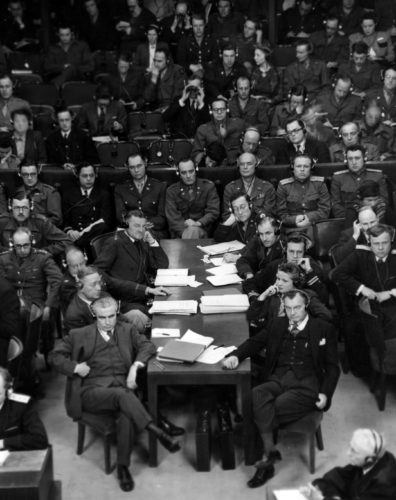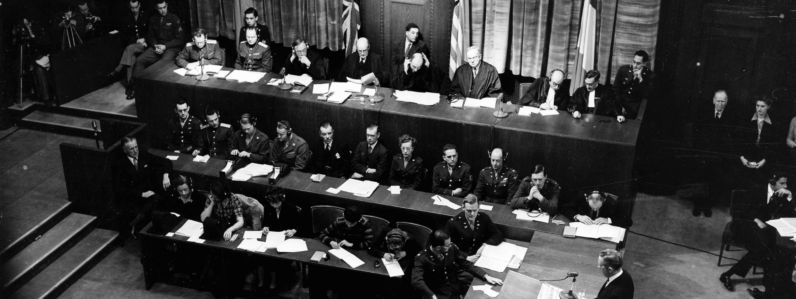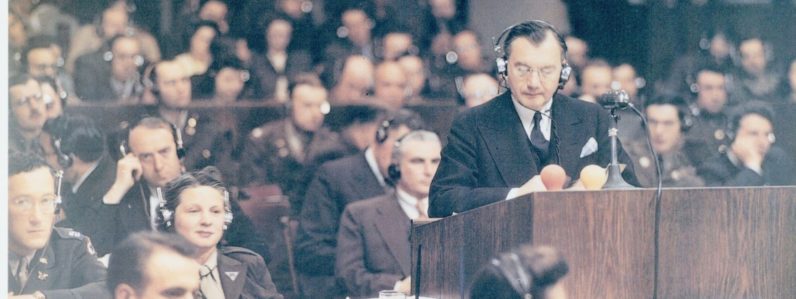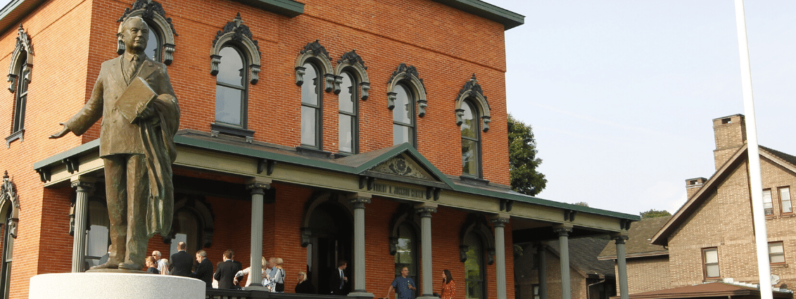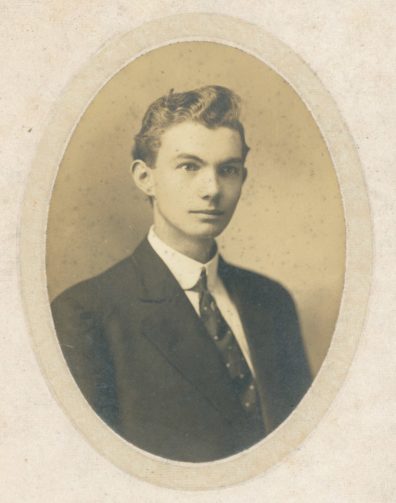
Jackson was born in Spring Creek, PA, and raised in Frewsburg, NY. With only a modest education and no college degree, he spent approximately 20 years as a successful attorney in Jamestown before going to Washington, D.C. Robert Jackson served in the Department of Justice as Solicitor General, Attorney General, and ultimately Associate Supreme Court Justice where he presided over a number of historic decisions including Brown v. Board of Education. While he was on the Court, he was appointed by President Truman to orchestrate, administer, and implement the trials of the major Nazi war criminals in Germany. At Nuremberg, he served as the Chief U.S. Prosecutor at the International Military Tribunal (IMT). Jackson created a trial format that blended the disparate precedent and procedures of four Allied nations; he coined terms for previously undefined felonies such as crimes against humanity and acts of aggression.
After Nuremberg, Jackson returned to the Supreme Court and continued to play a profound role in decisions that impacted a changing nation, including those involving Civil Rights, racial integration, and the religious rights of individuals.
Through his insightful, articulate, and honorable nature, Jackson’s unique life and accomplishments continue to have a remarkable relevance in today’s world and inspire the Robert H. Jackson Center’s mission. The ideals of justice and fairness that he stood for are timeless.
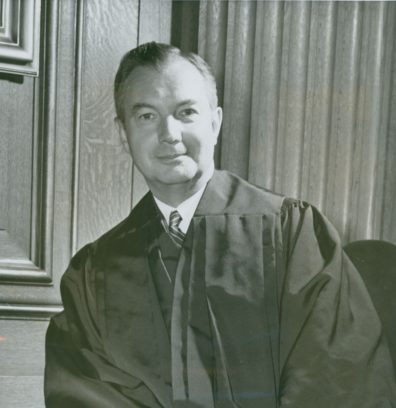
John Q. Barrett is Professor of Law at St. John’s University in New York City, where he teaches constitutional law and legal history, and the Elizabeth S. Lenna Fellow and a Board member at the Robert H. Jackson Center. Professor Barrett emails the “The Jackson List” to subscribers who wish to know more about Jackson’s life and work, the Supreme Court, and Nuremburg.
